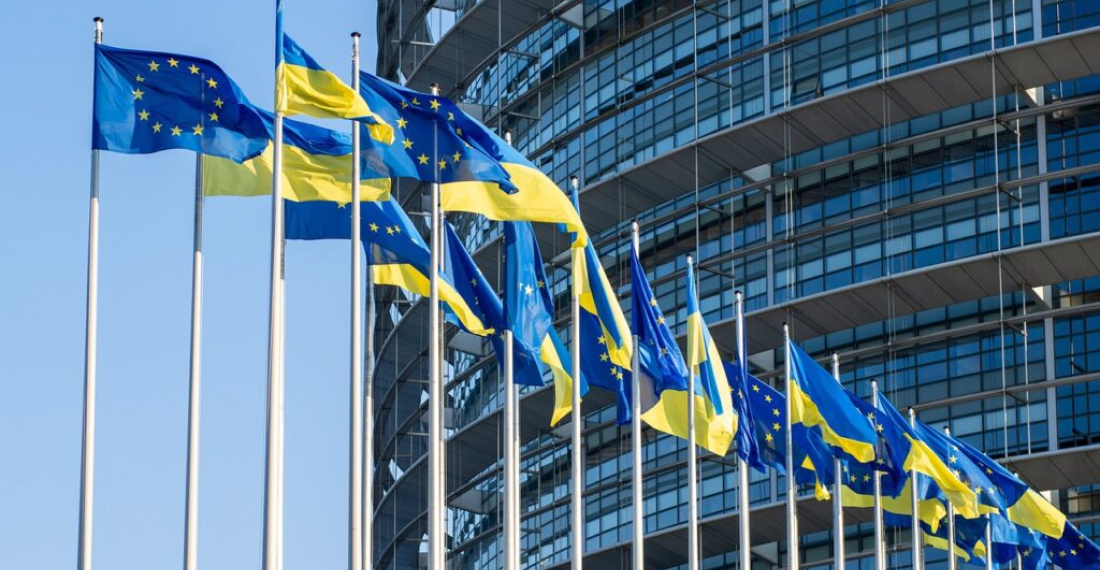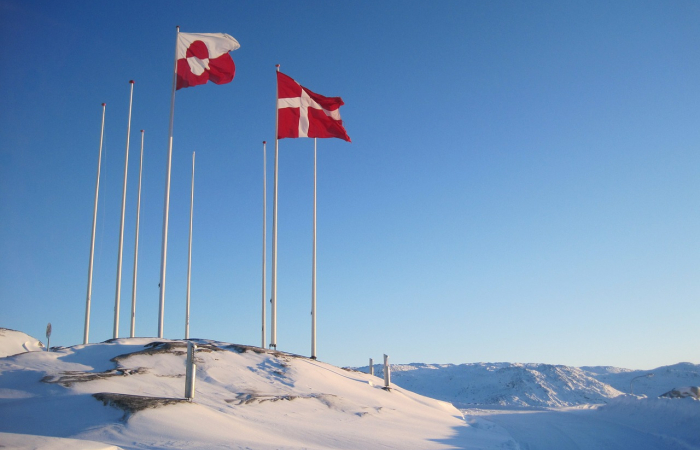The Council of the European Union on Monday (24 June) adopted a 14th package of economic and individual restrictive measures against Russia, "dealing a further blow to the Putin regime and those who perpetuate its illegal, unprovoked and unjustified war of aggression against Ukraine". These measures are designed to target high-value sectors of the Russian economy, such as energy, finance and trade, and make it increasingly difficult to evade EU sanctions.
EU High Representative Josep Borrell said the latest package demonstrated the EU's unity in support of Ukraine: "Our sanctions have already significantly weakened the Russian economy and prevented Putin from carrying out his plans to destroy Ukraine, even as he continues his illegal aggression against civilians and civilian infrastructure."
The package includes restrictive measures against 116 individuals and entities responsible for actions that undermine or threaten Ukraine's territorial integrity, sovereignty and independence. It also includes the following sectoral measures:
Energy
To ensure that EU facilities are not used for transhipment of Russian liquefied natural gas (LNG) to third countries, thereby reducing Russia's substantial revenues from the sale and transport of LNG, the EU will prohibit reloading of Russian LNG on EU territory for the purpose of transhipment to third countries. This covers both ship-to-ship and ship-to-shore transfers and reloading operations and does not affect imports, only re-exports to third countries via the EU.
The EU will ban new investments and the supply of goods, technology, and services to complete LNG projects under construction, such as Arctic LNG 2 and Murmansk LNG. Imports of Russian LNG via EU terminals not connected to the natural gas system will also be restricted.
Anti-circumvention
EU parent companies will have to use their best endeavours to ensure that their subsidiaries in third countries do not engage in activities that lead to an outcome the sanctions seek to prevent.
EU operators selling military equipment to third countries must implement due diligence mechanisms to identify, assess and mitigate the risks of re-export to Russia.
In addition, EU operators transferring industrial know-how for the production of military equipment to commercial partners in third countries will now have to include contractual provisions to ensure that such know-how is not used for goods destined for Russia.
Finances
The Council decided to prohibit using the "System for Transfer of Financial Messages" (SPFS), a special financial messaging service developed by the Central Bank of Russia to neutralise the effects of restrictive measures. EU entities operating outside Russia will be prohibited from connecting to the SPFS or equivalent specialised financial messaging services.
In addition, EU operators will be prohibited from conducting transactions with specially listed entities using the SPFS outside Russia.
The Council is introducing a ban on transactions with targeted credit and financial institutions and crypto asset providers established outside the EU if these entities facilitate transactions in support of Russia's defence industrial base through the export, supply, sale, transfer or transport to Russia of dual-use goods and technology, sensitive goods, battlefield equipment, firearms and ammunition.
Financing of political parties and other organisations
The Council decided that political parties and foundations, non-governmental organisations, including think tanks, or media service providers in the EU may no longer accept funding from the Russian state and its proxies.
Transport
For the first time, the EU has adopted a measure targeting specific vessels contributing to Russia's war against Ukraine, which will be subject to a ban on port access and the provision of services. These ships can be designated for a number of reasons, including the transport of military equipment for Russia, the transport of stolen Ukrainian grain and support for the development of Russia's energy sector, such as the transport of LNG components or the transhipment of LNG. This action also targets tankers that are part of Putin's dark fleet and circumvents the EU and Price Cap Coalition caps while using deceptive shipping practices that completely disregard international standards. 27 ships were targeted today for these reasons.
EU extends flight ban. The prohibition to land in, take off from or overfly the territory of the EU will also apply to any aircraft used for a non-scheduled flight where a Russian natural or legal person, entity or body is in a position to effectively determine the place or time of its take-off or landing, for example, to reach a holiday destination or a business meeting. Operators must also provide any information requested by the competent national authorities of the Member States on non-scheduled flights, including the ownership of the aircraft and, where applicable, the passengers.
The EU is also extending the ban on transporting goods by road within its territory, including in transit, to cover EU operators owned 25% or more by a Russian natural or legal person.
Import-export controls and restrictions
The Council added 61 new entities to the list of those directly supporting Russia's military and industrial complex in its war of aggression against Ukraine. They will be subject to tighter export restrictions on dual-use goods and technology and goods and technology that could contribute to the technological upgrading of Russia's defence and security sector. Some of these entities are located in third countries (China, Kazakhstan, Kyrgyzstan, Turkey and the United Arab Emirates) and have been involved in circumventing trade restrictions and procuring sensitive items used, for example, in the production of drones or providing material support to Russian military operations.
The EU has also introduced further restrictions on exports of goods that contribute in particular to the enhancement of Russia's industrial capabilities (e.g. chemicals, including manganese ores and rare earth compounds, plastics, earthmoving equipment, monitors and electrical equipment), as well as further restrictions on imports of helium from Russia, a source of significant revenue for the regime.
Other measures
The package imposes restrictions on accepting applications for registration of certain intellectual property rights in the EU by Russian nationals and companies.
Finally, it prohibits the purchase, import, transfer, or export of Ukrainian cultural goods and other archaeological, historical, cultural, rare scientific, or religious goods where there are reasonable grounds to suspect that they have been unlawfully removed from Ukraine.






